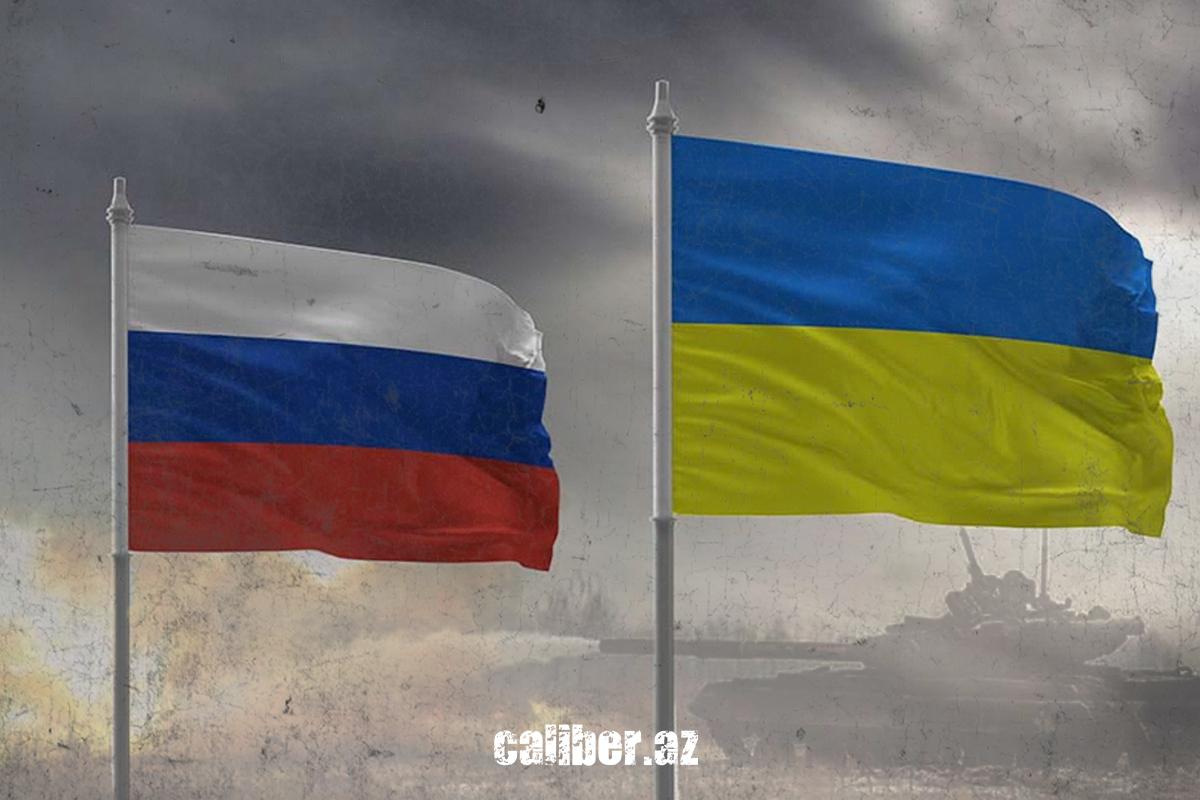Expert: Ukraine preparing for counteroffensive, and intensification of military operations underway Caliber.Az from Kyiv
Caliber.Az presents an interview with Maxim Yali, professor of the International Relations Department of Kyiv National Aviation University and head of the New World Order and Global Development Research Center.
- In the context of a deal to supply Ukrainian grain to the world market, how realistic is it for international mediators to convince Ukraine and Russia to sign a ceasefire agreement?
- At present, such a possibility is unlikely. The fact is that official Kyiv has begun preparations for a counterattack in southern Ukraine. For several days now, HIMARS high-precision weapons have been striking key logistical arteries of the Russian Armed Forces and bridges. This is done in order to deprive the occupation troops of the opportunity to move equipment and ammunition to Kherson. Unfortunately, they still have that opportunity and have been moving military equipment there in recent weeks. In addition, the self-proclaimed administrations have announced plans and have already begun preparations for pseudo-referendums on the annexation of new territories in the south of Ukraine, in Donbas. Even the date of the general voting - September 11 - has been announced. So in August Ukraine is preparing for a counteroffensive, and the intensification of military action is already underway.
Moreover, very recently, already after the grain agreements were reached in Istanbul, the world witnessed how "trustworthy" the Russian leadership can be - literally the day after the documents were signed, Russia launched a missile attack on the port in Odesa, from where, in fact, it was planned to resume the export of Ukrainian grain. Moreover, Ukraine still remembers the Minsk agreements, which were also not observed by Russia since they were signed.
- President Volodymyr Zelenskyy urged his government to work without pause to prepare the country for EU membership. Is Ukraine ready for the reforms necessary for this, given the hostilities that are unfolding on its territory?
- To begin with, all decisions and draft laws on which the prospect of Ukraine's accession to the EU depends are taken as soon as possible. For example, the ratification of the Istanbul Convention by the Ukrainian parliament on the eve of the European Commission's decision to support granting Ukraine the status of a candidate country. Obviously, this was a condition of the EU leadership. It is noteworthy that the convention was adopted even despite the lack of consensus on this issue in parliament. This demonstrates that in a full-scale war, almost all decisions are made by an absolute, often even constitutional majority.

On the other hand, even Zelenskyy's faction is enough to make important decisions. The disarray and vacillation that was observed in the ruling party's ranks earlier have ceased. Today, Zelenskyy does not need to attract votes from other factions and parties to pass important laws.
- How do you explain the series of sensational dismissals in Ukraine? As you know, Zelenskyy dismissed the head of the Security Service of Ukraine, the deputy chairman of the National Security and Defense Council, the prosecutor general, and a number of ambassadors.
- I think that the main reason for the resignations was the failure of the Ukrainian special services, which had many representatives of the Russian agents in their ranks. Many people attribute this to Congresswoman Sparks' criticism of Kyiv, which essentially voiced the opinion of part of the American establishment.
As for the diplomatic corps, many ambassadors were appointed under former President Petro Poroshenko. For example, the Ukrainian ambassador to Germany, whose scandalous statement to the chancellor led to the aggravation of bilateral relations. There were some ambassadors who pretended to be Poles and made statements that were detrimental to the interests of their own country. Some diplomats failed to cope with the responsibilities entrusted to them. The reasons in each case are individual. There was a problem with the appointment of ambassadors to important countries, and the war forced decisions to strengthen key positions in both the special services and the Foreign Ministry, given the extremely important role of these departments.








